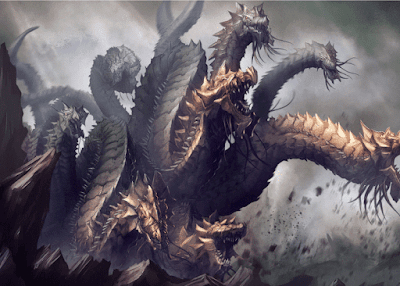Across cultures and centuries, bread has often been the measure of whether a household is secure, whether a day will be endured, whether a community will hold. In Ireland, we have unique breads not found anywhere else. Not only do they look and taste different, but these breads also have valuable lessons baked in. I shall focus on four favourites of mine: soda bread farls, veda bread, wheaten bread, and potato bread.
Soda bread farls
Soda bread involves no waiting for yeast to rise and requires no oven. You simply use plain flour, baking soda, salt, and buttermilk. The farls are quick to make on a griddle, though getting the mixture just right takes practice. I have watched my mother make soda farls every week of my life for sixty years, yet I still cannot replicate her bread. Now in her nineties, she continues to produce these delicious farls. She cuts the dough into four by rolling a small side plate through it — she’s the only person I know who does this.
lesson learned:
When you don’t even have an oven, you can still make bread. It’s been said that “Appreciation is yeast, lifting the ordinary to the extraordinary,” yet soda bread farls need neither yeast nor oven — and still taste extraordinary.
Veda bread
Allowing grain to sprout sends it a message: “Time to grow.” That message activates enzymes which break down stored compounds, making the grain easier to digest. A seed must be buried — hidden and unseen — so that growth can begin in stillness and darkness. A dry seed is closed and inert. Water softens it; only then can it change. The seed already contains everything it needs, but it must break open to grow.
There are many lessons in this bread:
-
Periods of waiting, obscurity, or difficulty are not wasted. Transformation often begins before anything visible happens.
-
Growth requires openness. Rigidity protects, but it also prevents transformation. Softening demands humility, love, and hope to trigger inner change.
-
True purpose unfolds through self-sacrifice, not self-preservation.
Wheaten bread
My mother makes soda bread farls in our home, but I am the wheaten bread maker. It helps that wheaten bread is quick and easy to prepare. Because it uses whole wheat, it retains the entire grain kernel — the fibre-rich bran, nutrient-dense germ, and starchy endosperm. As a result, it provides significantly more fibre, vitamins, minerals, and antioxidants. Refined white flour has most of these removed, resulting in lower nutritional value and faster blood sugar spikes.
Instead of yeast, wheaten bread uses baking soda for lift, so it comes together quickly and has a tender, slightly crumbly texture. But without the oven, the dough remains unfinished.
Lessons learned:
Sometimes, taking things out of wheat reduces the benefits the bread brings. In life, keep it simple — don’t overcomplicate. Often, rewards come not from what you take out of life, but from what you leave in.
Trials refine us. Heat does not destroy the bread; it fulfils its purpose. Wholeness comes through unity, transformation, and service, and spirituality is expressed in small, daily, faithful acts.
Potato bread
Potato bread speaks of ingenuity in times of scarcity. Very few cultures make bread from potatoes, but some do so out of necessity when grain is scarce. The Irish are among the few who eat potato bread as a staple. Imagine, then, the absolute disaster of the potato blight.
This disease (Phytophthora infestans) arrived in Ireland in 1845, causing potatoes to rot both in the ground and in storage. At the time, the population — 8.5 million in 1841 — depended almost entirely on potatoes for food. The repeated crop failures, which came and went for seven years, were catastrophic. Around one million people died from starvation and disease, and another one to two million emigrated. Ireland’s population fell by roughly 25%, a loss from which it has never fully recovered, almost 200 years later.
Sadly, this experience is not uniquely horrific. History offers many other examples.
Lessons learned
When you don’t have wheat to make bread, take what you do have and make bread. If even that is taken from you, flee before you die.
When huge numbers of people flee their country, always ask why — and show the compassion you would hope to receive in their situation.


















